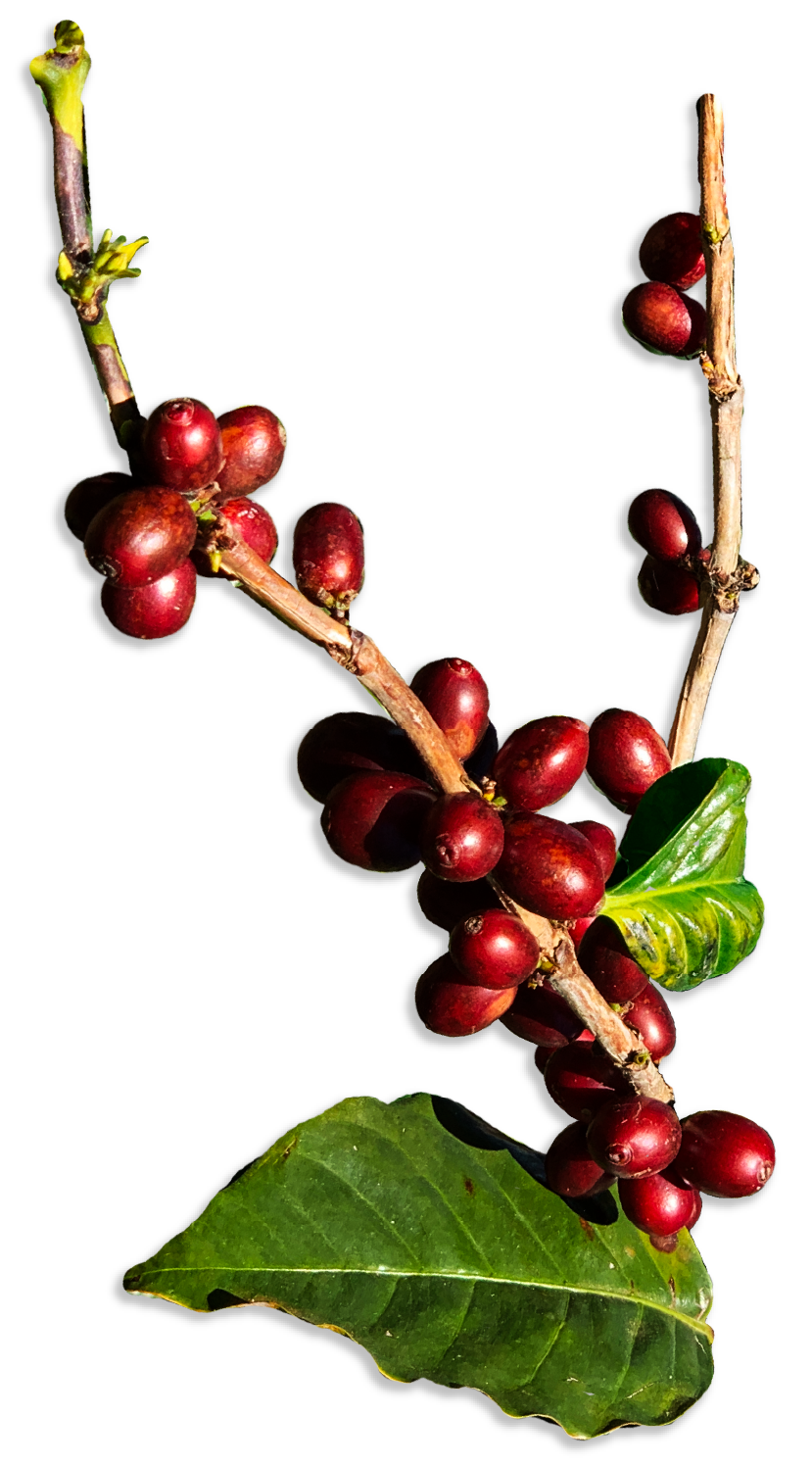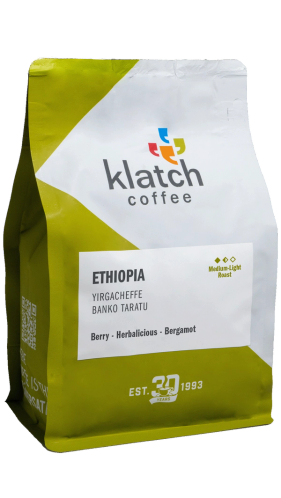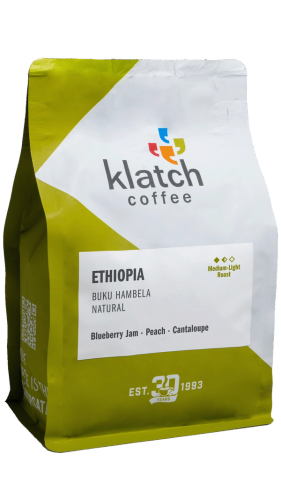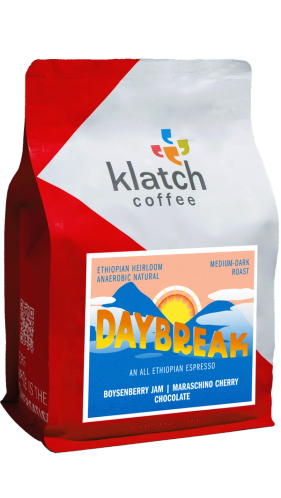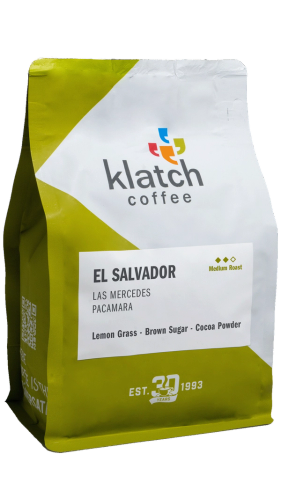

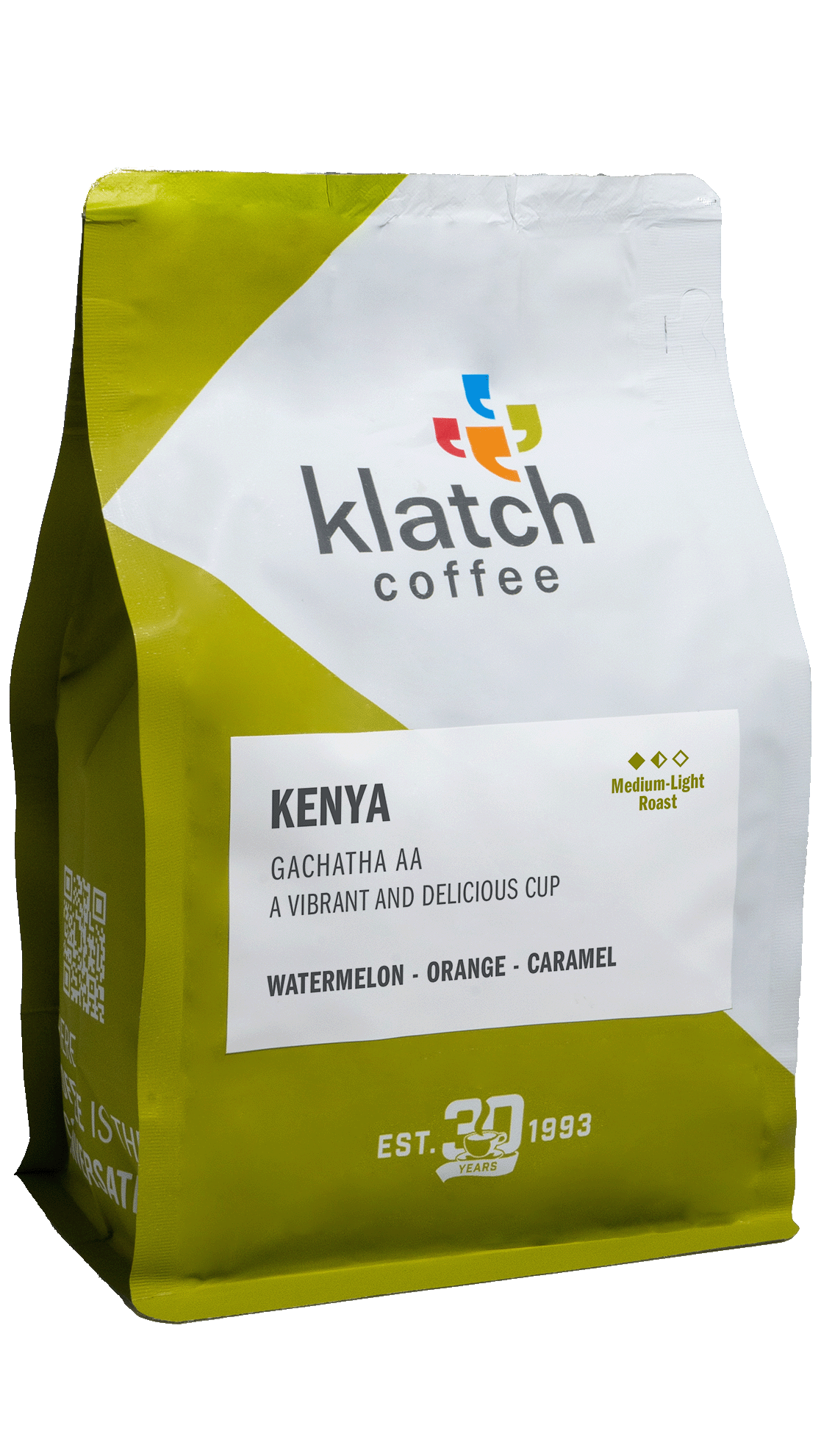
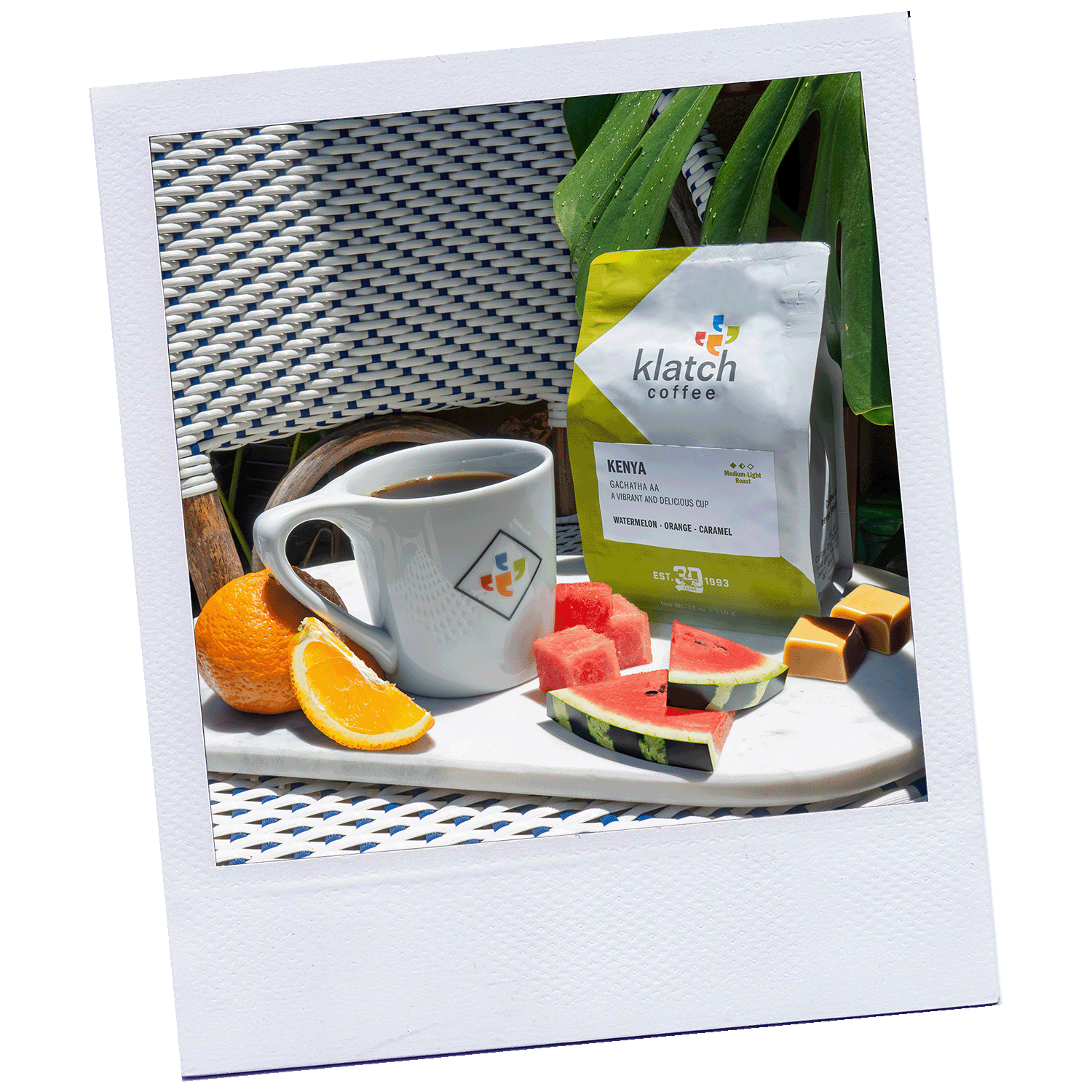
Mike's Favorite

SIZE

310g

2lb

5lb
Roast Date

QUANTITY
1
GRIND

SIZE

310g

2lb

5lb
Please order by Sunday, 11:59 pm PST, to be placed on the roast queue to receive on roast date.
Our Kenya Gachatha AA is a classic Kenyan coffee with a juicy mouthfeel and bright, earthy fruit flavors of sweet watermelon, orange citrus and creamy sweet caramel . Bring vibrance to your mornings with our new Kenya, enjoy now!
Coffees from Kenya are very distinct - and by and large Mike Perry's favorite. Known to be winey, savory, and vibrant, we love to showcase these coffees for what they are, truly unique. We specifically look for cup profiles that have clean, juicy, tropical acidity with high intensity of citric acidity, and full-bodied, coating sweetness. These coffees are sought after by many roasters, and we always find ourselves rushing to secure the best lot we can.
The Kenyan highlands historically offer excellent conditions for coffee growing with well-distributed bimodal rainfall, moderate temperatures and rich volcanic soils. The “grand cru” of Kenyan coffees is grown in a triangle north of the capital city of Nairobi on the foothills of Mount Kenya and the Aberdare Mountain range. In the Central Province we find the coffee growing counties of Nyeri, Kirinyaga and Kiambu. Further East and South we have Embu, Meru and Machakos. Located 100 miles north of Nairobi, the cooperative is in the famous coffee-growing region of Nyeri. There they utilize the elevation of the Aberdare Mountains and water from the Kangunu river. This station has consistently produced incredibly sweet, complex, bright coffees, and we continue to ask marketers and reps to bid on these at the auction on our behalf. The long rains fall between March-May while the short rains come between October and December.
For mature coffee, a complete production cycle from flowering to fully ripened cherries usually takes eight months.

New seedlings, depending on the coffee variety can take 18-36 months to produce their first crop.
The Batian, the newest Kenyan variety, for instance, has the shortest maturity period of 18 months. Ruiru 11 and the other traditional varieties such as SL28, SL 34 and K7 take 24 and 36 months respectively. Eight to twelve month is required from flowering to fully ripened cherries. Cherries are pulped and dry fermented for 18 hours. After fermentation the coffee washed and moved to raised drying beds. During drying the parchment is frequently turned to ensure even drying, also the parchment is covered during the hottest time of the day to help protect ensure slow even drying. Likewise, the parchment is also covered at night to shelter the parchment from moisture. Total drying time takes approximately 7 to 21 days. Cherry sorting is carried out to ensure only the very best cherries are used and inferior quality cherries removed. The pulping, fermenting and washing process is closely supervised, before the parchment is moved to the drying tables for slow sun drying on the famous African beds.
The largest and most celebrated grade of Kenyan coffee. Usually the highest priced coffee on the auction from each outturn and factory. AA is the most common grade we buy and what we normally expect from an outstanding Kenya cup. The first coffee tree in Kenya was planted in 1893 by missionaries. By the 1920s, with the rapid growth in demand for coffee in Europe, coffee had become Kenya’s main export crop. As the industry matured from a colonial experiment to a major industry, various experiments with different types of cooperatives and marketing systems led to the need for regulation and control. In 1933, The Coffee Board of Kenya was established to act as the key regulator of the coffee sector.
As in many colonized coffee-producing countries, much of the final processing was not undertaken at origin. Coffee was shipped to Europe or other continents and traded as parchment. Kenyan growers soon learned that buyers only bought the best qualities and left the remaining coffees unsold in London warehouses.
By the 1930s, the growers had realized that the existing system was not taking their interests into account.They began to market their coffees to trading firms with offices in Nairobi and from this local marketing of Kenyan coffee was borne. In 1937 the Nairobi Coffee Exchange started its auctions - a system that has proven especially efficient to promote quality through a bidding system.
